HealthyGirl.org reader Carly, 20, is having some trouble with her scale—as in, the number she sees on it in the morning is dictating her moods. Sound familiar? Yep, I thought so. Please feel free to weigh in with your own experience and advice in the comments. xo…Sunny
Q: I have had a problem with overeating and binge eating for several years, but recently I have been exercising and improving my diet to lose weight. I recently bought a scale to track my weight loss. I thought it would be motivating for me to see the numbers on the scale go down, but I think I’ve taken it too far. I weigh myself every morning, and if I don’t like the number on the scale, it literally ruins my entire day. All day I base my food choices around what I think will help me weigh less the next morning. My doctor told me that weighing myself daily would be a good idea because it will help me monitor my progress and prevent my weight from creeping up without me knowing. I think about it all the time, and I feel like I’ve become obsessed. I know my focus should be on getting healthy, but I’m so desperate to lose weight that it seems impossible to not be obsessed with the numbers on the scale. Is there a way to weigh yourself everyday without becoming obsessed and to use the scale as something helpful instead of something evil?
A: Not when you’re desperate to lose weight, there’s not. At least not in my experience. When I was in my late teens, and even very early 20s, my body size and weight completely dictated my mood, too. It was awful, getting on the scale and stepping off feeling crestfallen, and ugly.
No offense to your doctor, but for anyone who’s even slightly weird about food or their body, weighing themselves daily is a prescription for Crazy! I know why he or she advised you to do it—the National Weight Loss Registry, this big survey of people who have lost significant amounts of weight and kept it off—showed that many of them weight themselves often, even daily. But as people with disordered eating issues, we can’t just directly apply info like that to ourselves.
At some point I was able to healthily use a scale, and even focus on losing weight. But it wasn’t until I was well on my way to recovery. Only after I dealt with the inner reasons for why I used food could I even begin to think about my body size. I had been a yo-yo dieter from the age of 15 through my early college years, but, because of the binge eating disorder, I always end up the same way: Heavier, more deep into the bingeing and more hopeless than I was when I started whatever diet it was.
So in my mid-20s, I completely quit dieting. I was in therapy, was reading books about emotional eating, and I had finally started to believe that what was on my inside was much more important than the outside. Being happy and healthy and sane finally meant more to me than being slim. While I didn’t always feel pretty or happy about my shape, I stopped obsessing about it. I started going to binge-eating support groups every week and even got a mentor from the group that I would call nearly every day.
I truly no longer cared much about my weight. I felt so much stronger and happier because I was no longer punishing myself and my body with piles of extra food. I literally worked to get to the point where I felt that if I never lost another pound again, I could live life and be happy. While I wasn’t focusing on weight loss, I had instituted some very healthy behaviors that I’d learned through therapy and from my support group, which just so happened to have the effect of at least stabilizing my weight.
After enough time like that passed, I actually was able to focus a little more directly on getting to a healthier weight. And I made friends with the scale. I weighed myself once a week for a few months, and then pushed it back to once a month. The numbers no longer defined my self-worth,they became information. If the number started going up, I could objectively look at what had been going on that month and see why. But I’m afraid that’s not where you are right now.
I’d suggest you check out support groups in your area and, if you haven’t already, pick up a book or two to help you move forward in your recovery. You might also look into therapy—it’s been a lifesaver for me, and really helped me focus on recovery. (You can contact the folks at the National Eating Disorders Association for a referral.) What I had to do was fully, completely focus on my inner health and sanity first. A healthy, more comfortable body weight came later. Maybe that’s what it’ll be like for you, too?
That was my experience, but now, to the rest of the HealthyGirl.org community: What has your experience with weight been as you’ve healed (or started to heal) your relationship with food?
For a new food-sanity or body-sanity tip every single day, follow @hlthygrl on Twitter!


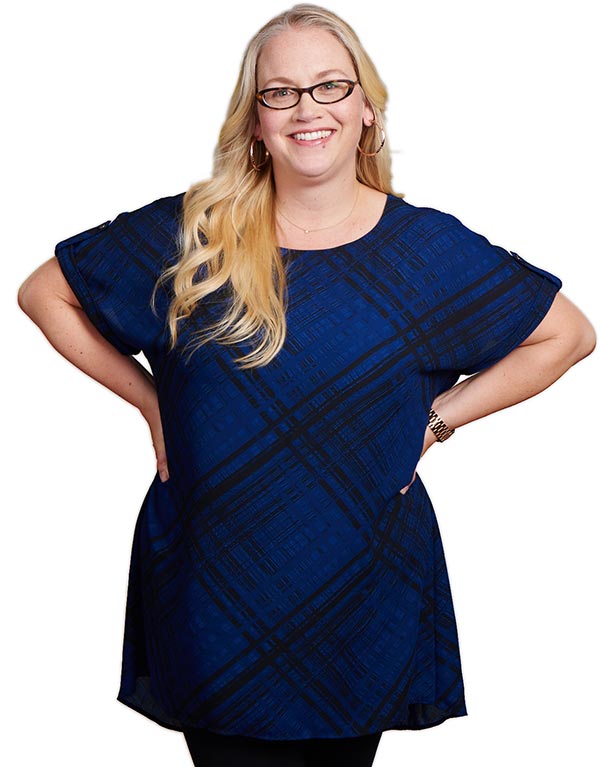
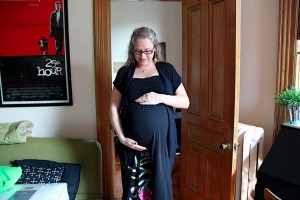
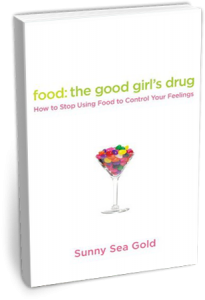

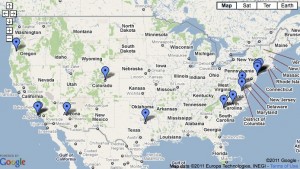
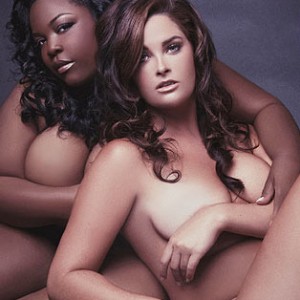
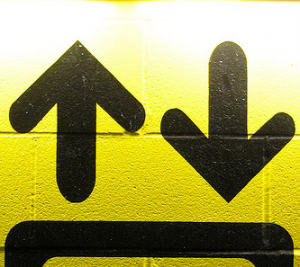
Wow Sunny…its so cool to here your story…because i see myself so much in it!! When i like you finally accepted that happiness had nothing to do with my weight, i was finally able to take care of my body from a place of love. Early on I had to make a decision about wether i should be weighing myself. I ultimatly decided not to and it WAS THE BEST decision I made!! It was hard at first, i was losing weight and deperatly wanted the feedback from the scale. The first couple times i got on it at the doctors office old feelings came up but as time as gone by the scale has lost its charge. I probably weight myself every 1-2 months…at the drs or if im curious….but i truly am satisfied with whatever number comes out of self-love.
one of my blog posts on the scale:
http://www.radicalhateloss.com/2009/11/kicking-scale-mr-gremlin-to-curb.html
This is a great topic as it’s something I have to work on daily. Fellow blogger Angela with Oh She Glows! wrote a GREAT article about this topic earlier in the month:
http://ohsheglows.com/2010/08/06/operation-beautiful-virtual-book-tour/
I love how she wrote about this issue. Hope others might also find some help in her posting - Angie
Thanks so much for this post! I weighed myself this morning (out of some half-asleep-zombie-reflex) and I just started feeling really crappy. And I remember other times when I weighed myself - it never matters whether it’s an up or down! I just feel like crap.
I like how you refer to research statistics and mention that we can’t directly apply info like that on ourselves. Every time I come across some great piece of research about how to lose weight, it’s like an excuse to get back into old habits, even if I know which new ones are working well for me.
Good post! Keep it up! I love this site!
I wrote this about the scale several years ago and it’s posted on the Something Fishy Website on Eating Disorders. I’m the Administrator of the site:
THE SCALE
Scales only have the power which we bestow upon them.
In reality, a scale is just a small household item made of metal & springs & dials.
A scale is a toaster is a blender is an electric toothbrush is a weed whacker.
Imagine if I said, “My self-worth is determined by the toaster.”
Sounds pretty weird, eh?
Or “I’m fat, the lawnmower said so!”
Or “I have to check with the blender to see if I like myself today.”
The power only comes in when we choose to hand all of ours
over to an inanimate object.
(copyright Kensington)
[…] of email, I recently got one from 20-year-old Carly (who wrote in once before when she was found herself obsessing over the number on the scale) who’s made some real progress, but is wondering why she still has occasional big […]